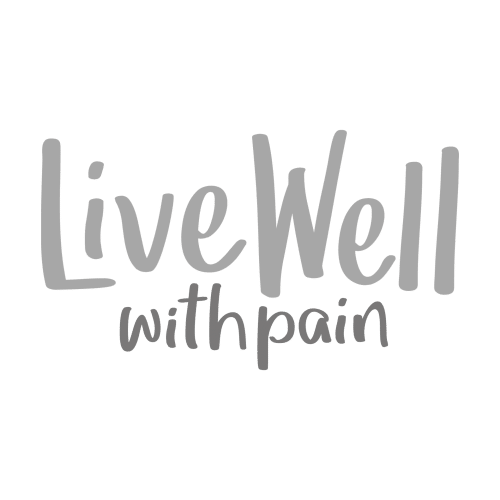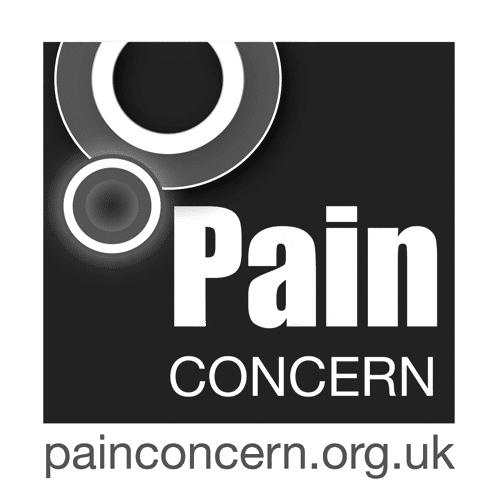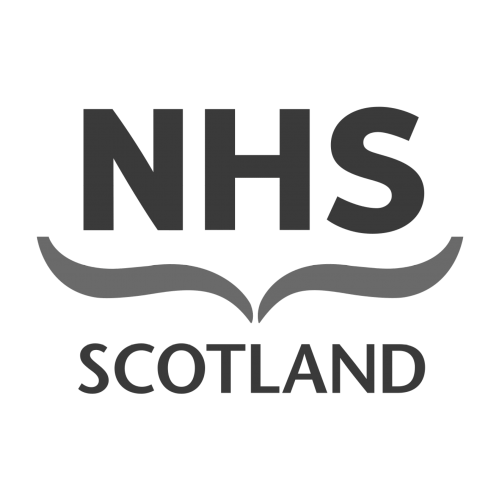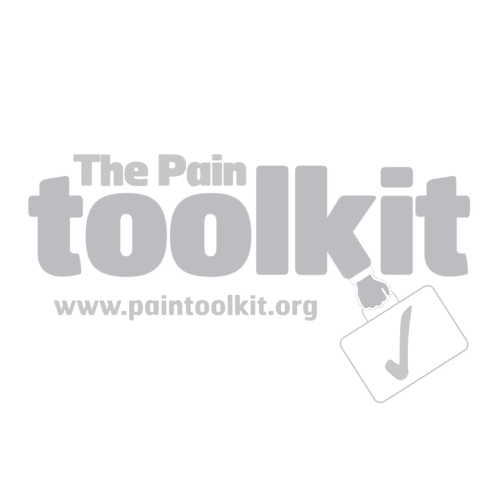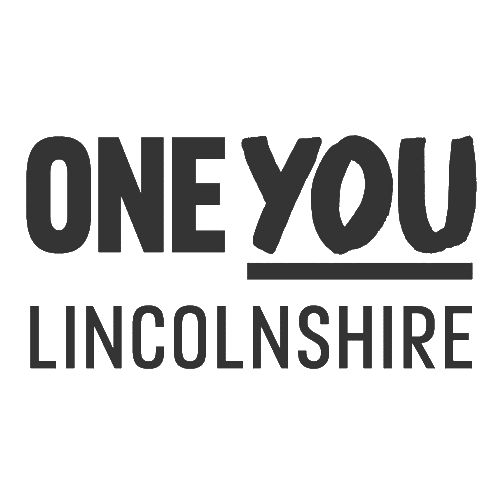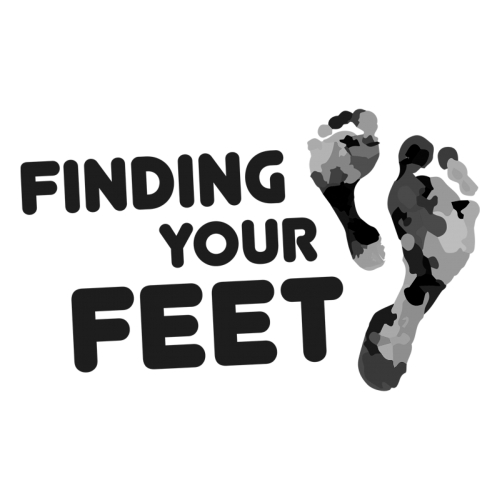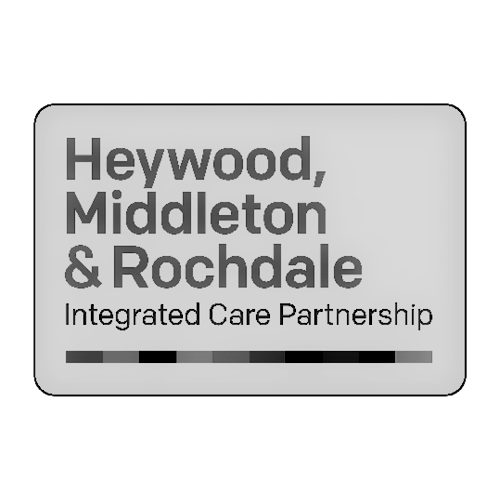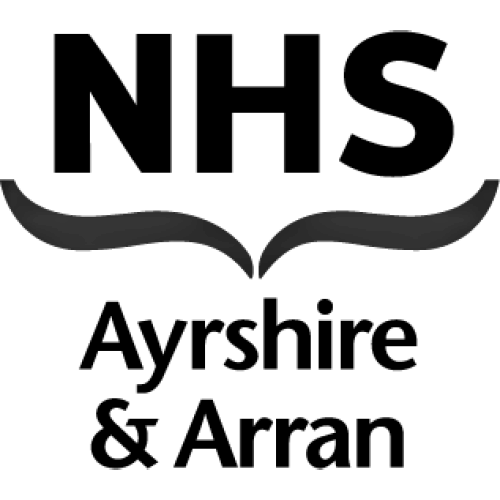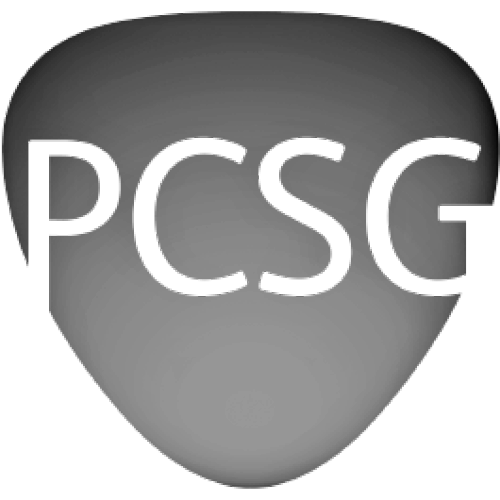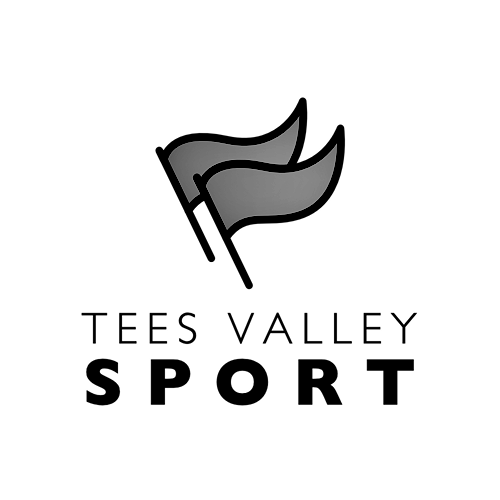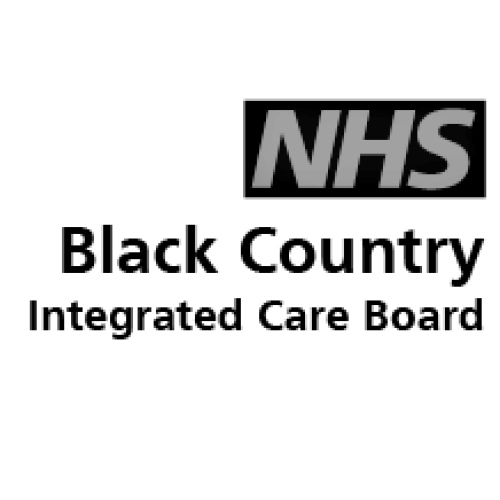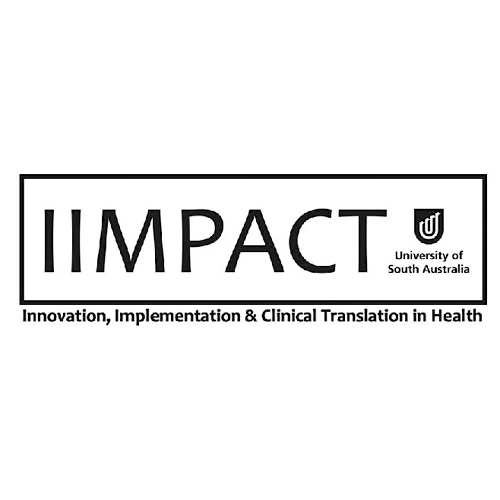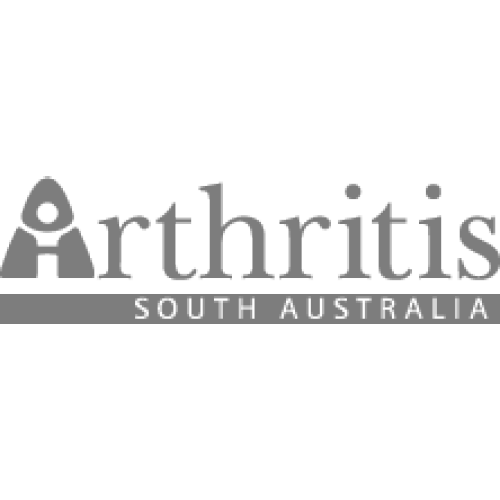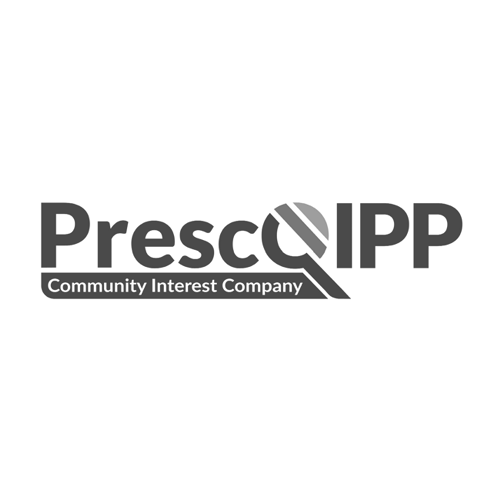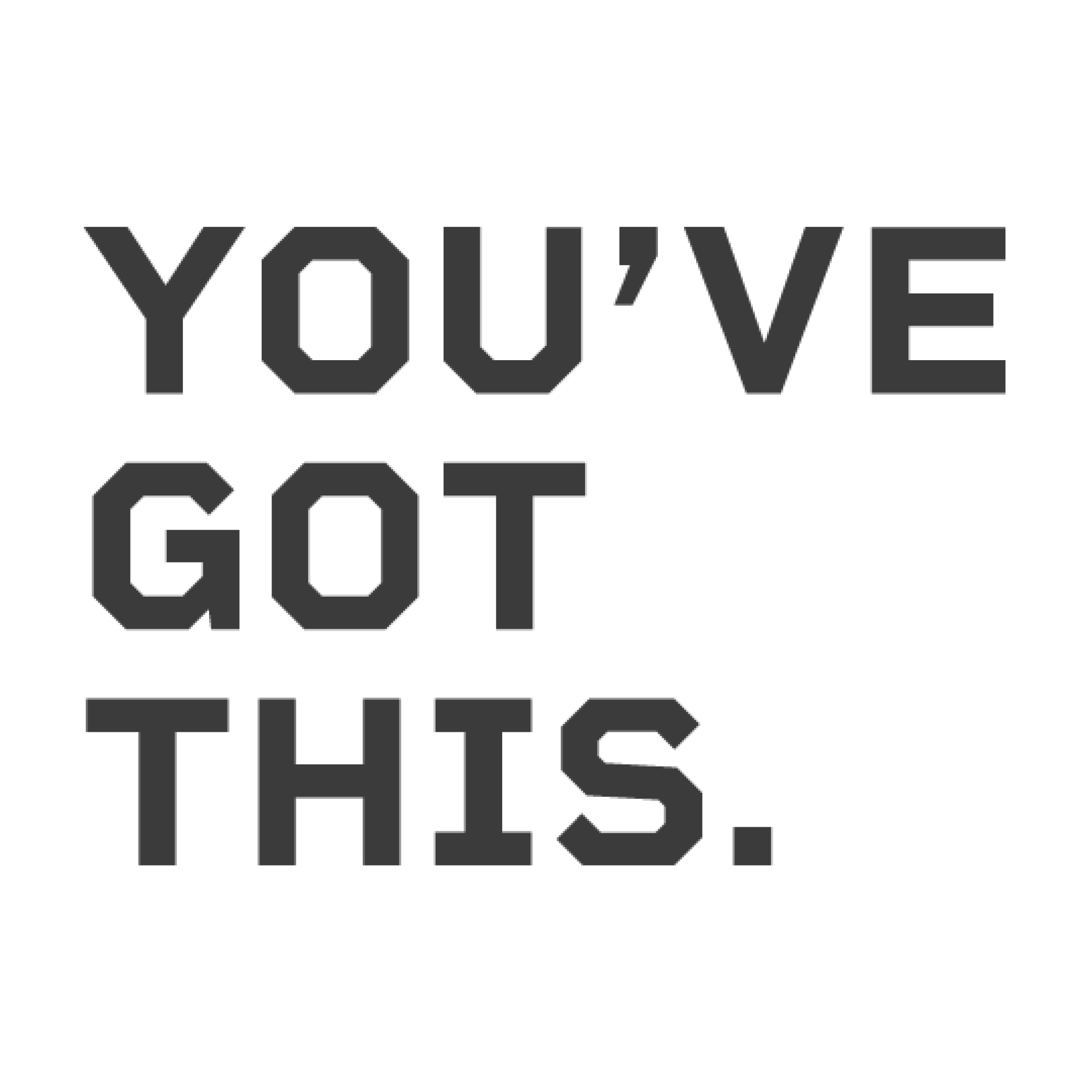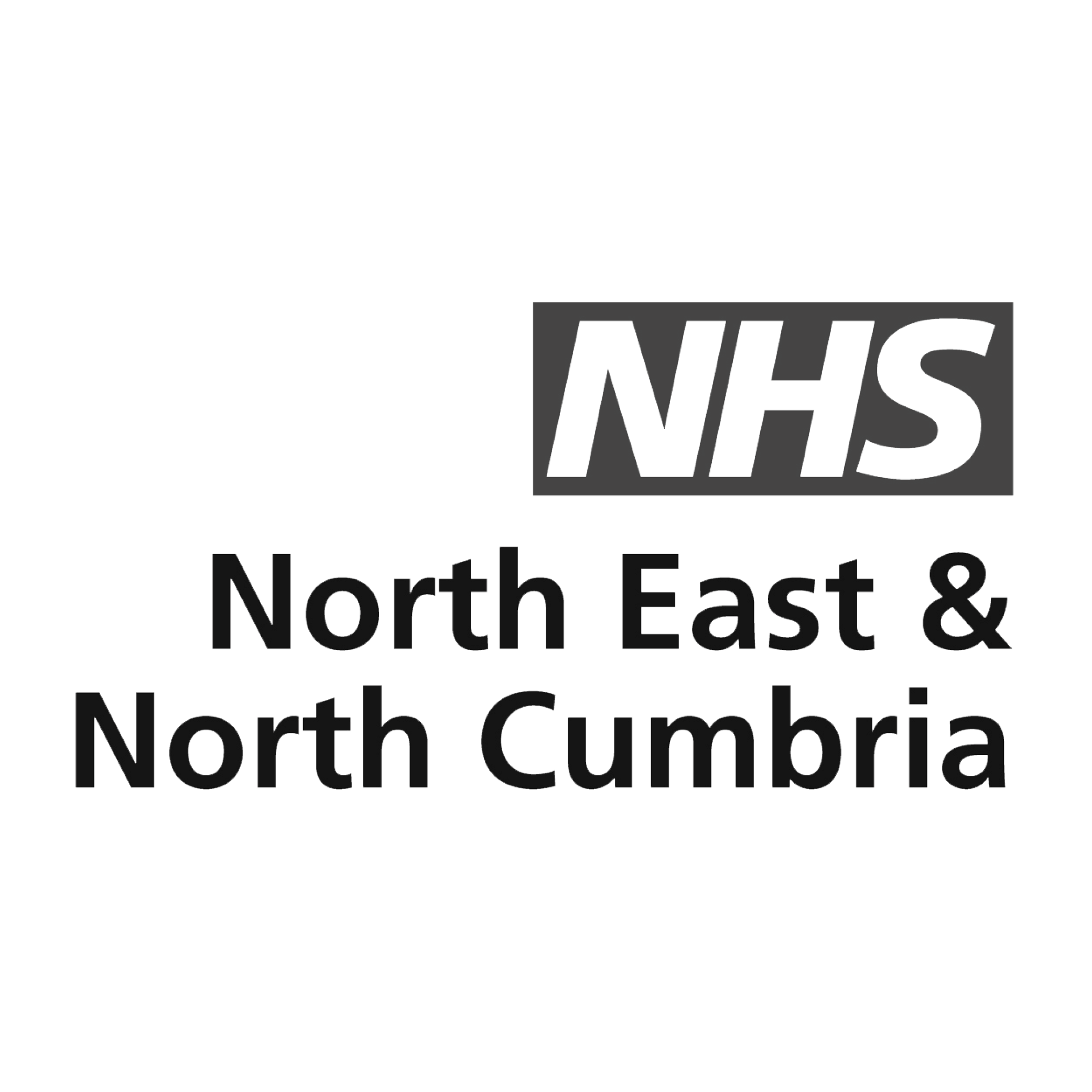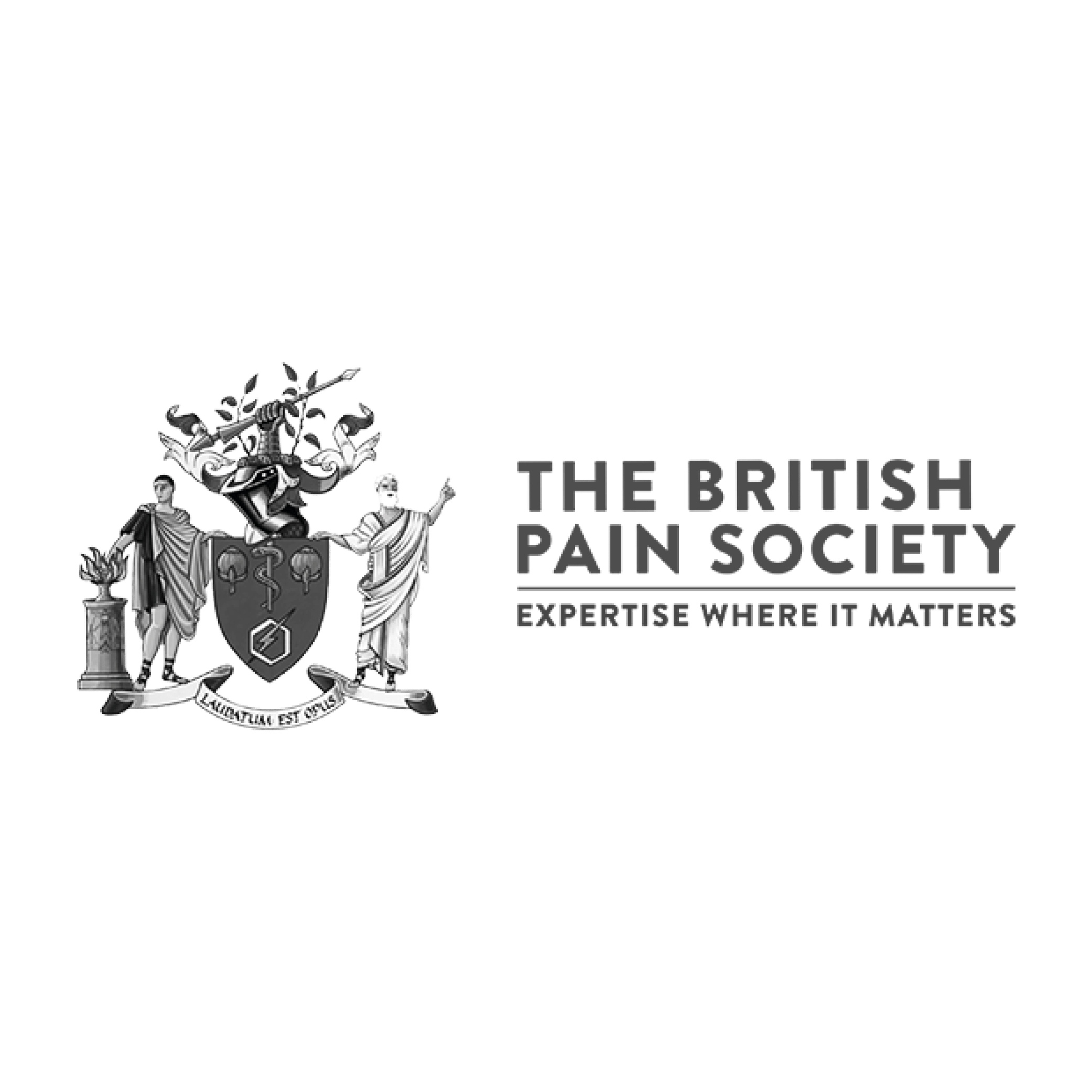Aching for Equality: The Fall of Females in the Medical Field
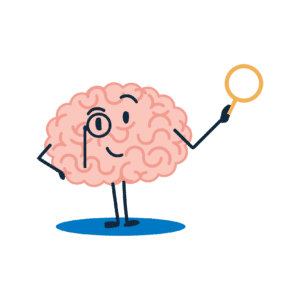 For centuries gender bias has been a part of society, sometimes hidden and sometimes right under our nose. One troubling example of this is the Gender Pain Gap. A difference in how pain is experienced, communicated, and managed between women and men.
For centuries gender bias has been a part of society, sometimes hidden and sometimes right under our nose. One troubling example of this is the Gender Pain Gap. A difference in how pain is experienced, communicated, and managed between women and men.
Despite attention on this issue, there’s still a trend in the system towards dismissal of women’s pain. At Flippin’ Pain we work towards a future where pain, regardless of gender identity, receives recognition and the right treatment.
Understanding the Gender Pain Gap
The Gender Pain Gap is a tricky issue. It covers everything from the biology behind pain to how someone’s feelings are perceived and accepted in medical environments.
Studies suggest that women are more likely to suffer from chronic pain conditions1. From migraines to cardiac pain, a consistent trend emerges – women’s pain is often downplayed or dismissed. Even when pain is acknowledged, women are half as likely as their male counterparts to be given pain relief.
This is often due to a lack of research on female-specific pain responses. Despite 70% of persistent pain patients being women, 80% of pain studies are conducted on men2. This underrepresentation in trials has meant that treatment for pain is catered towards men and can often be inadequate for women.
The Root of the Problem
At the heart of this disparity lies centuries of gender bias. From the ‘hysterical woman’ myth to more modern, subtler variations, there remains a societal tendency to question the legitimacy of female pain3. Medical biases further compound the issue, resulting in under-recognition of women’s symptoms, leading to inadequate care and even disability in some cases.
Women were banned from medical trials following the thalidomide scandal in the fifties. The USA’s Food and Drug Administration (FDA) ruled in 1977 to exclude women with ‘childbearing potential’ from clinical trials4. This removal increased the gap of knowledge concerning women’s health for a further 20 years.
Impact on Wellbeing
When pain isn’t managed, it can make existing health issues worse and cause more complications. This may mean the difference between living independently or feeling overshadowed by suffering and disability. The impact on mental health is tough and 1 in 4 women with chronic pain also have diagnosed depression5.
Lack of access to proper pain management can limit ability to take part in work and family care. Studies explain how 30% of women said their pain affects their social life, and 1 in 5 said it has stopped them from working5. This ripple effect can continue cycles of poverty and exclusion, which only fuels gender bias further and supports inequality.
Medical Misdiagnosis and Bias
Female patients frequently experience medical bias, resulting in delayed or incorrect diagnoses. The phenomenon of ‘gender blindness’ in healthcare can lead practitioners to miss underlying conditions or dismiss symptoms as ‘over-reacting’, leaving the individual feeling unheard and invalidated6.
These lingering misconceptions about women and pain are felt by patients themselves. 1 in 2 women reported feeling like their pain was dismissed, simply because of their gender. Although there are many ways to address and manage pain through lifestyle changes, sometimes medical intervention or investigation is needed7. Feeling ignored by their GP can lead to women no longer seeking help and suffering in silence.
The fact women make up a minority of the professional field may also be a contributing factor, with only 1 in 5 pain physicians being female8. Talking about private medical matters with the opposite sex can make empathy and understanding more difficult. This might be why 32% of women state they feel uncomfortable when discussing female health conditions9.
Bridging the Gap
Empowerment and Advocacy at the Individual Level
One great way to tackle the Gender Pain Gap is by empowering individuals. When we support women in speaking up about their healthcare experiences, we can shift how pain is understood and managed.
Education and Transformation in Healthcare
It’s key to push for gender-sensitive education in the medical field. By improving our knowledge of biological differences in medicine and questioning our internal biases, we can start reshaping healthcare and help to distinguish women’s health needs.
Research and Policy as Agents of Change
Thorough research on how men and women respond to pain is key to shaping best practices. Outside the lab, governments may need to step in and create a fairer system. This could mean pushing for more female involvement in clinical trials or creating guidelines that make sure pain management is fair for all genders.
The Way Forward
In conclusion, the Gender Pain Gap is a big issue; it’s everywhere and can’t be ignored any longer. By having open, informed discussion this International Women’s Day, we can get the conversation of change flowing. Through properly funded and inclusive research, we can move towards a future where pain is acknowledged and managed equally for all genders. This won’t wipe out the painful chapters of our history, but it’s a step towards a fairer future for generations to follow.
By Holly Dodd, guest writer and freelance contributor
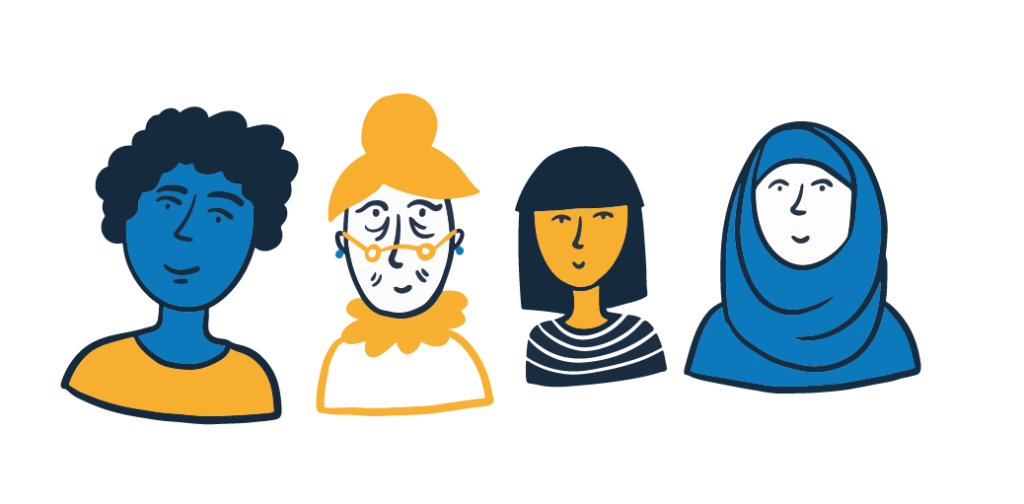
References
1 www.ncbi.nlm.nih.gov/pmc/articles/PMC8119594
2 www.health.harvard.edu/blog/women-and-pain-disparities-in-experience-and-treatment-2017100912562
3 www.rti.org/insights/myth-female-hysteria-and-health-disparities-among-women
4 www.womenshealth.gov/30-achievements/04
5 www.nurofen.co.uk/see-my-pain
6 www.amwa-doc.org/sghc/gender-and-medicine-a-conceptual-guide-for-medical-educators
7 www.mastersglobal.com/news/a-comprehensive-guide-to-pain-management
8 www.researchgate.net/publication/324431493_Why_Aren’t_There_More_Female_Pain_Medicine_Physicians



